Zia Sarhadi
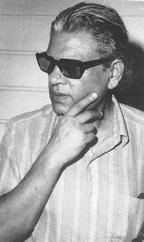
- Born: 1914 (Peshawar, British India)
- Died: 27 January, 1997 (Madrid)
- Primary Cinema: Hindi
- Spouse: Zara Sarhadi
- Children: Khayyam Sarhadi
- Grand Children: Zhalay Sarhadi
A believer in the Marxist ideology, screenwriter and director Zia Sarhadi was known for his films that dealt with social issues. Born in 1914 in Peshawar in the North West Frontier province, British India, he entered the film industry in 1933 at East India Film, Calcutta. In 1934 he joined Sagar, going on to write the screenplay, dialogue and songs for Mehboob Khan’s Deccan Queen (1936). He went on to also act in the film Manmohan (1936), for which he wrote the lyrics, story, screenplay and dialogue. He also scripted Mehboob's Bahen (1941) and was a noted scenarist and writer at Ranjit.
Sarhadi wrote films such as Kal Ki Baat (1937), Badi Maa (1945), Anokha Pyar (1948), and Khel (1950) as well as the dialogues for Baiju Bawra (1952). He played a key role as a consultant in writing the script for film Mother India (1957), one of the greatest Indian films of all time; however, his contribution often passes unacknowledged.
He directed films such as Bhole Bhale (1936), Abhilasha (1938), Madhur Milan (1938), Nadaan (1943), Yateem (1945), Hum Log (1951), Foot Path (1953) and Awaaz (1956). Humlog achieved enormous success, while the others nevertheless made their mark in parallel cinema. A realist film, Humlog forms a trilogy with Footpath, which deals with issues of moral guilt in the post-Independence India of the 50s, and Awaaz, his best-known melodrama which drew on Soviet realism. Sarhadi’s cinema drew inspiration from and gave sustenance to the IPTA style of filmmaking, which was at its peak between the end of World War II and Independence.
Migrating to Pakistan post-Independence, Sarhadi eventually directed just a single film there—Rahguzar (1960), due to the adverse socio-political conditions at the time. The atmosphere was not conducive to creativity, with martial law imposed, and the need to compromise with the Censor Board proved challenging for Sarhadi. He faced many censorship issues and never took up direction again, despite Rahguzar being praised. However, he did continue to write, and penned the dialogues for films such as the Raza Mir-directed Lakhon Mein Eik (1966), Shehar Aur Saye (1974), and Aurat Raj (1979). Aurat Raj, produced and directed by Rangeela, also faced considerable problems with the Censors, as it was seen as a satirical feminist film.
In a country impacted by martial law, Sarhadii was charged with sedition and a tendency towards Marxism, and kept in solitary confinement. Leaving the country to settle in the UK, he went on to work on assignments for BBC. He spent the last 15 years of his life in self-exile in London.
On the personal front, he was married to Zara Sarhadi. His son Khayyam Sarhadi, became a TV and radio actor, while his granddaughter Zhalay Sarhadi became an actress.
Zia Sarhadi passed away on 27 January, 1997 in Madrid.
References
Image courtesy: The High Asia Herald



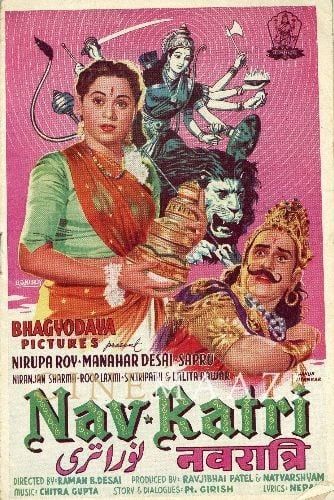



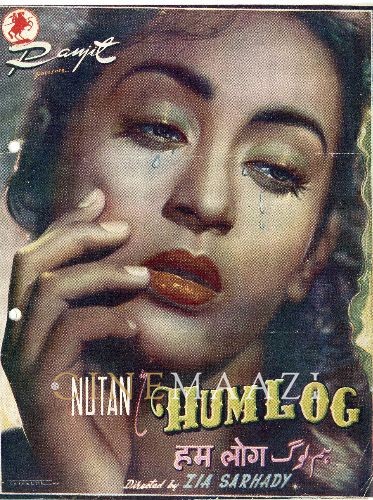
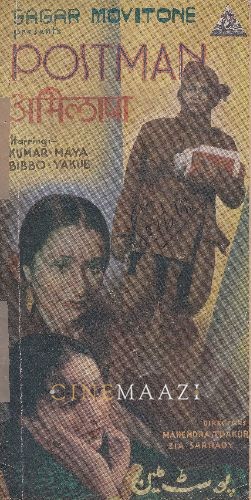
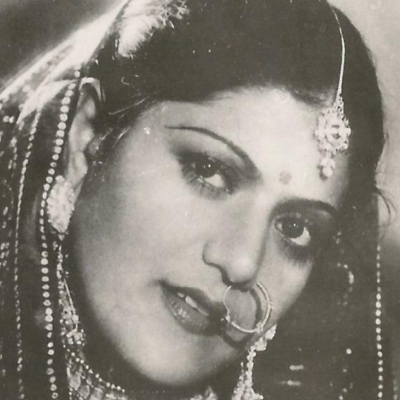


.jpg)


